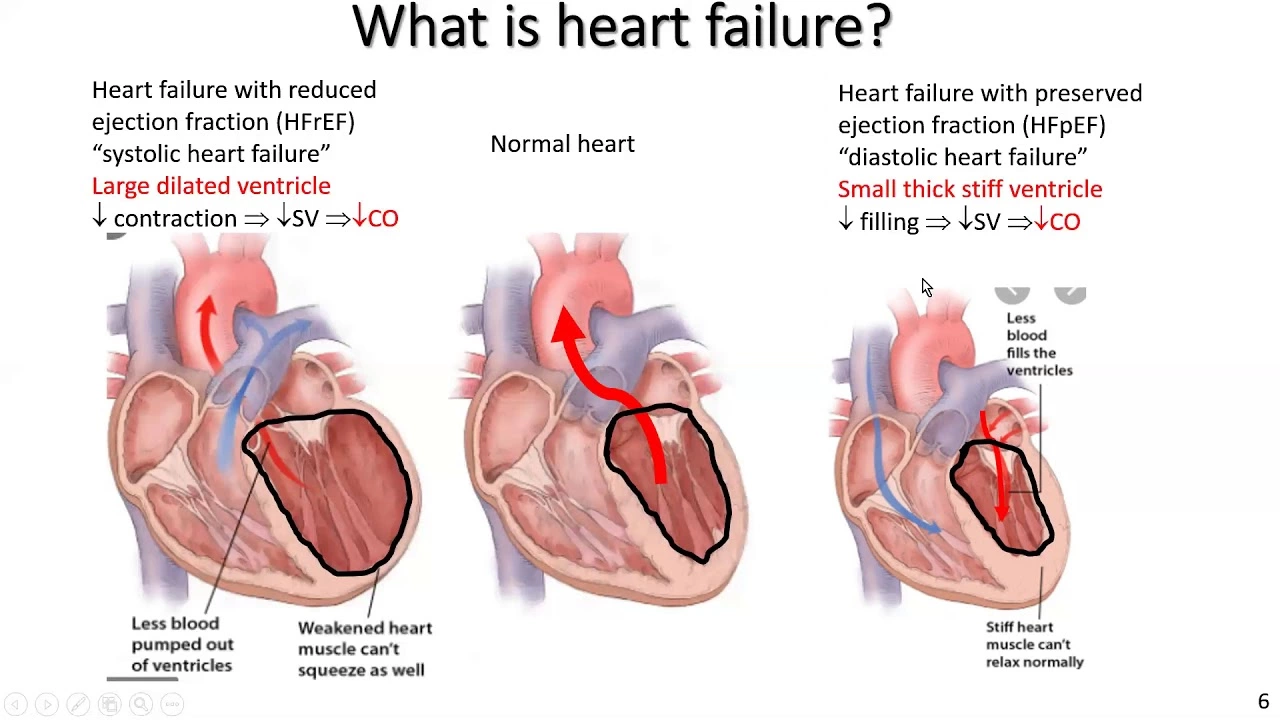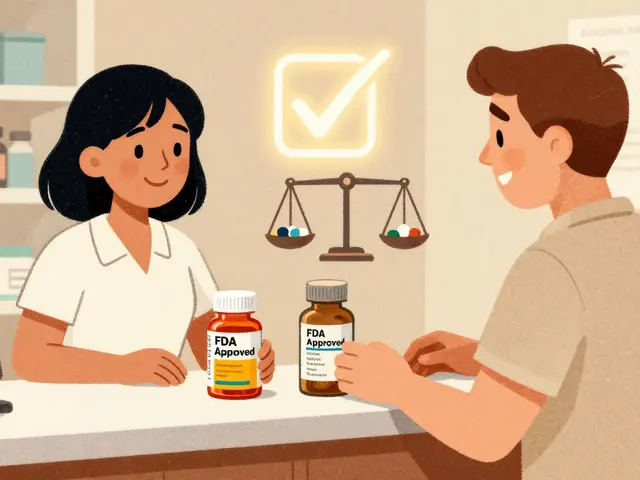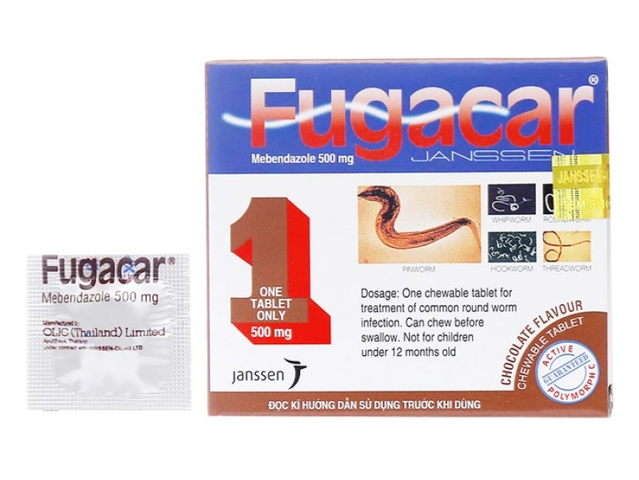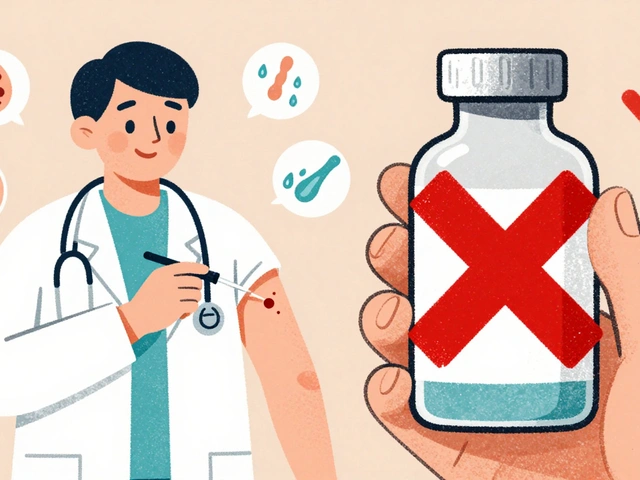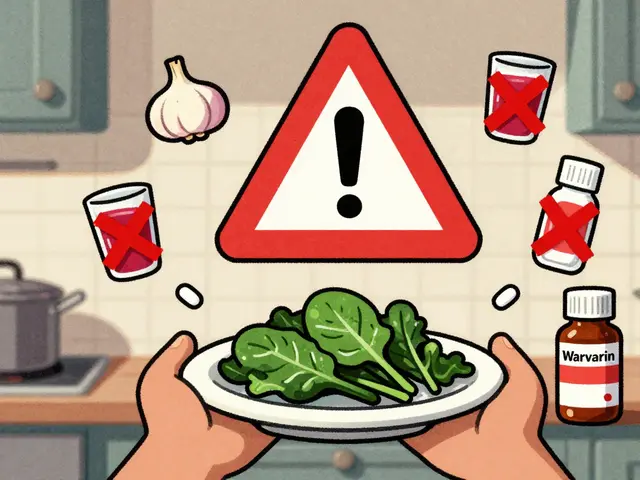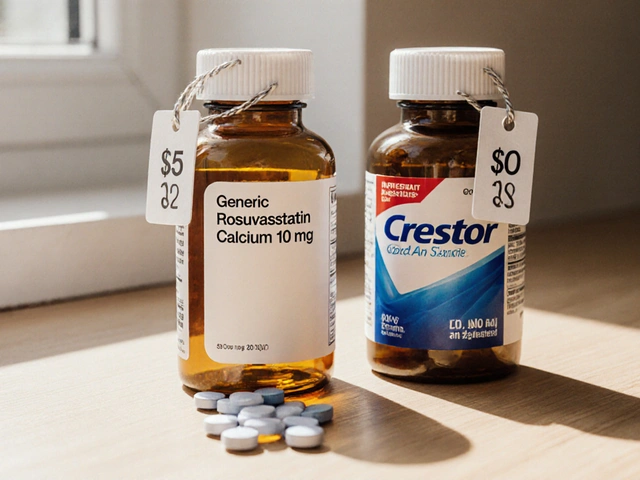Alcohol and Medicines: What You Need to Know
Mixing alcohol with medicine can change how drugs work and sometimes causes real harm. You might feel extra sleepy, faint, or get a dangerous reaction without warning. This page cuts straight to the practical things you should watch for and what to do now if you’re taking any medication.
How alcohol changes medicine — plain and simple
Alcohol can boost side effects (more drowsiness, dizziness, nausea) or make a drug less effective. It can overload your liver and raise the chance of liver damage with drugs like statins. For diabetes meds such as metformin, drinking increases the risk of low blood sugar or a rare but serious condition called lactic acidosis. With blood pressure meds and beta-blockers like carvedilol, alcohol can make your blood pressure drop too low or cause lightheadedness.
Some reactions are specific and urgent: metronidazole (Flagyl) and similar antibiotics can cause a disulfiram-like reaction — heavy nausea, flushing, and a fast heartbeat — if you drink during treatment or for about 48 hours after. Mixing alcohol with sedatives (benzodiazepines), opioids, many antidepressants, or antipsychotics can lead to severe breathing problems or profound sedation.
Quick safety checklist you can use right now
1) Read the leaflet: look for direct warnings about alcohol on your prescription or box.
2) Ask your pharmacist: say exactly which drug you take and ask if alcohol is unsafe or if you need to wait after finishing the course.
3) Watch for warning signs: sudden fainting, severe vomiting, trouble breathing, confusion, or severe dizziness — get urgent help if any of these happen after drinking while on meds.
4) Special notes: wait at least 48 hours after metronidazole before drinking. Cut back or avoid alcohol entirely if you have liver disease, uncontrolled diabetes, or take multiple meds that cause drowsiness.
If you buy meds online, double-check the product information and pharmacy credentials. Browse our related guides like “Best Metformin Alternatives,” “Best Flagyl Alternatives,” “Lasix Uses, Side Effects,” and “How to Buy Sildenafil Online Safely” for drug-specific advice and safety tips.
Final tip: when in doubt, skip the drink and call your clinician or pharmacist. It’s a small choice that often prevents a big problem.
